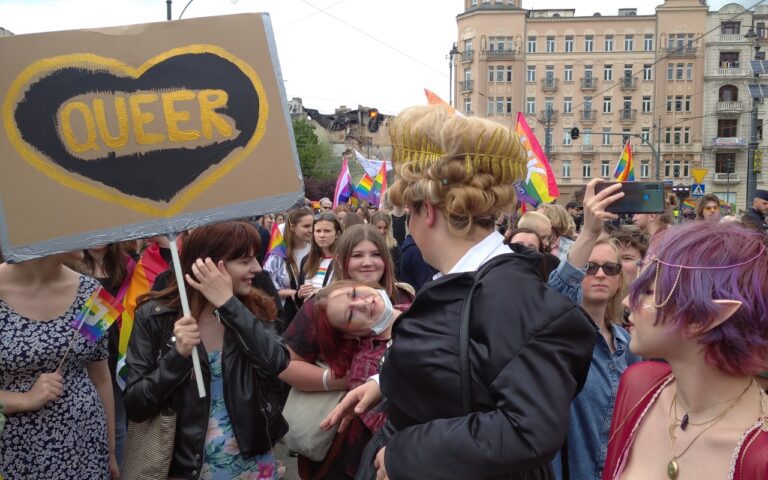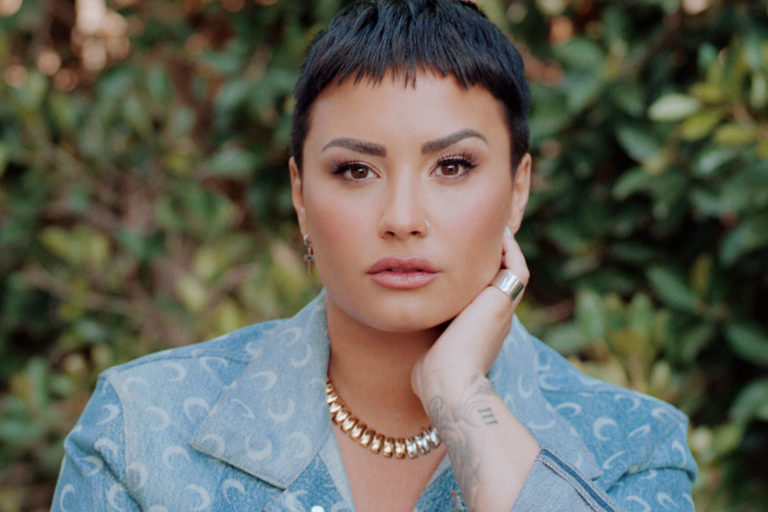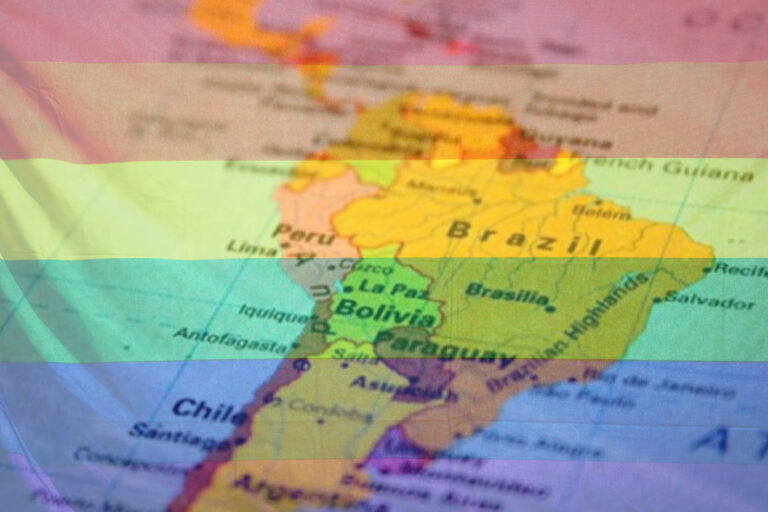Talking about sex education in Spain is not an easy task, especially when it has increasingly politicized. It seems that the taboo is a ghost that is still alive, as well as the fear of speaking critically and properly about one of the most basic aspects of people’s lives. In this country, there an organic law created in 2010 about sexual and reproductive health, which should guarantee quality and comprehensive sexuality education. However, it doesn’t seem to be correctly regulated. So, Spain clearly fails this subject that is also included in the sexual and reproductive rights that people have.
We are more than aware that the Spanish educational system has been dragging historical delays and failures linked to a clerical and obsolete past. The country has not been able to update itself with current times yet. It is very well known (and it would be very cynical to deny it) that there is a need to obtain such necessary information for life, so that teenagers and youngsters will always turn to the Internet and pornography to find the answers they are looking for in their process of growth and maturity.
There are plenty of dangers when leaving this education in the hands of a virtual and infodemic environment, without the support and supervision from adults.
According to several studies, young children first see pornography online as young as 8 years old, and its consumption is generalized at the age of 14. The research also indicates that grown-up men are the main consumers of pornography (the 87% say they have watched it and about 30% considered themselves somehow addicted or probably addicted).
Today, we are aware that thinking of online commercial or mainstream pornography as the main educational tool is dangerous. Plus, far from trying to ban or eradicate it (which would be practically impossible given the economic benefits that this industry generates worldwide), it would be ideal to start talking about it openly in order to demystify it.
First of all, we must know that are several types of pornography, not only commercial or mainstream porn. There is what is called feminist porn, ethical porn, queer porn or post-porn, where actors and actresses work under equal conditions. Respect, limits, security and consent are very important. In addition, in the sexual practices that are shown, non-binary people are the of owners of their desire, for example. A variety of bodies, gender expressions, identities, functional diversity, etc. is represented in an equitable and respectful manner. All people become human beings that have desire, and that are also desired by others.
Accompanying young people to demystify porn is urgent and more than necessary when in these videos the excess of violence against women is normalized. They seem to respond with desire to mistreatment, harshness, and fieriness without communication. Likewise, other myths that should be eradicated are: sex as genitality, the importance of huge ejaculations, the lack of diversity, the fetishization of racialized women, the stereotyped and objectified women or those unrealistic bodies that sometimes are surgically adapted.
It is important for young people to become critical and fully aware that these videos are just pure fiction. Also, the bodies of actresses and actors are not real (vaginoplasty, liposuction, genital whitening…), the sex we see there is focused on male pleasure, not everyone reaches orgasm and not all women are multi-orgasmic (what about the refractory period?). Additionally, we cannot forget the use of protection to prevent sexually transmitted infections (STIs) and pregnancies.
A sexual encounter cannot normalize violence and silence, since it should precisely be characterized by good treatment, consensual sexual practices (consent), pleasure and communication. Remember that the other person (or people) cannot read our minds, and if we do not like something, the only way to let them know is through language.
Then, perhaps we should educate ourselves to think that consuming pornography is not bad. However, doing so ethically also implies valuing a job where, among other things, actors and actresses don’t face precarious working conditions, avoiding violence, fetishization and objectification.
All sexual practices are fine as long as people respect themselves and the others. However, but the infodemic makes us forget the truth: there is nothing written in a sexual encounter, and we should not follow any pattern, because we can interact with people in many different ways, always with respect, communication, reciprocal desire, care, planning, listening and protection against STIs or pregnancies.
A brief history of Sex Education
Throughout history, models around sexuality have gone through different stages.
PROHIBITIVE MODEL: It is focused on the reproductive function of sexuality and procreation, reducing it to marriage (intercourse), living sexuality with a feeling of guilt. This model shows very little tolerance for diversity, and it is also against the use of contraceptives.
PREVENTIVE MODEL: It parts from the idea of motherhood as something that is desired, not as an obligation. Contraceptives are used, pleasure is appreciated, and the concept of sexuality gets expanded without reducing it only to reproduction (presence of pleasure). It does not question the model focused on intercourse, though.
PERMISSIVE MODEL: It extends the experience of pleasure to other parts of the body, but not as a source of enjoyment (the so-called ” preliminaries “), but as a way to reach penetration. This is considered be the ultimate goal of our practices. Intercourse is appreciated, although the experience of pleasure in the rest of the body is incorporated. It is a progressive model despite considering penetration as the practice of maximum pleasure. Plus, achieving an orgasm becomes the ultimate goal.
HEALTHY MODEL: It highlights affection, contact, pleasure, tenderness, respect, intimacy, and communication.
We know that we are surrounded by misinformation, which has negative consequences when consuming contents about health or sexuality that may be wrong.
Infodemic and sex education
However, we also see how many people are talking more openly about sexuality on social networks (is everyone now an expert on this topic?). Although this can be positive and there are professionals who have started to share contents on the subject with the best intentions, sometimes this excess of information can be so counter-productive when they tell how each person’s sexuality should be.
No one should tell us what we should do, how we have to feel or what is going to give us more pleasure, forgetting a basic but very important idea: no one can tell anyone how to live their sexuality, because there are as many subjectivities and ways of living it as people are in the world. And if my way of living does not correspond to what I repeatedly see in videos that seem to be educational and professional, I may start to think that I have a problem. I may believe that I am not normal, that I do not fit in, and that I am not making the most of my own sexuality.
To face this reality, it is important to find critical and reliable sources that we can always go to, without forgetting that some influencers can fall easily into those speeches. So, they sometimes may share information using a very short and simple Instagram post that leaves aside very complex sexual issues that are marked by subjectivities.
Challenges we face when talking about sexuality
Additionally, there is so much talk about sexuality that we may not know what it is. On the one hand, it is not synonymous with sexual relations. On the one hand, we have sexed bodies, and we are all marked by sexual desires, affections and roles that are also sexed. We are sexual beings from birth to death, and we must learn to live our sexuality in a healthy way during the different stages of life, as well as to respect the way each person lives it. On the other hand, sexuality is the way the human species reproduce, yes, but it is also a way to relate to others, to express ourselves and to obtain pleasure. Therefore, it is much more than genitality or biology (hormones, chromosomes…), and it lingers on every aspect of our lives.
Sexuality is a complex and plural reality that has to do with identity, sexual orientation, sex, desire, attraction, eroticism, gender, experiences, personal relationships, intimacy, pleasure… Plus, sexuality is also being aware of your sexual orientation and gender identity. Also, stepping out of the norm stablished by a heteropatriarchal society ruled by cisheteronormativity means facing discrimination and several forms of violence.
Likewise, it is not possible to speak of sexuality without a gender perspective, since the way we have been educated, according to the assigned gender and the roles that people assume for us as men and women, will influence the way in which we experience and live our sexuality.
Furthermore, we cannot forget all the myths derived from romantic love that have an impact on our lives. For example, the wrong idea that sex is mandatory, a proof of love, or something absolutely fundamental in a relationship. Social constructions influence our thoughts, feelings, actions and interactions, and sometimes they also make us forget that not all people have the same level of sexual desire. In fact, they may not experience it in the same way.
There is also the mistaken idea that we are responsible for the other person’s pleasure, because if they don’t feel comfortable in a sexual encounter or they don’t have their mind connected to erotism, they will not be connected to pleasure either.
Regarding the sexuality of women and people with vulva, people are surrounded by fears and complexes that are built by society, such as the rejection of fatness, cellulite, hair, menstruation… Not to mention the feeling of disgust that everything related to the vagina and the vulva produces in us. It is considered something dirty when the vulva is precisely the cleanest part of the body.
All this plays against the process of respecting and loving our bodies the way they are, so deconstructing and getting to know ourselves is going to be crucial when it comes to fully enjoying our sexuality.
Also, the fact of having internalized that sexuality is linked to privacy and intimacy results in not collectivizing our doubts, concerns, or problems, and sometimes we live situations of discomfort in solitude. For example, if we have genital warts caused by the human papillomavirus (HPV) and we talk about it openly with close friends (since it is something that affects many people that are sexually active), it can help us to find safe spaces where we can share experiences without silence and discomfort.
In conclusion, it is important to fight to achieve quality comprehensive sex education with a feminist perspective provided by all social agents, and this implies being responsible as a society and playing a critical, active, and updated role in important areas such as education and health. This way, issues such as, for example, normalizing the pain of sexual intercourse, not knowing our genitalia, or not knowing that the vagina has a limit so nothing happens if a tampon stays inside, will finally become anecdotes from the past that we have managed to overcome.
If we keep looking the other way, kidnapped by fear, shame and taboo… When are we going to take action regarding this matter?




